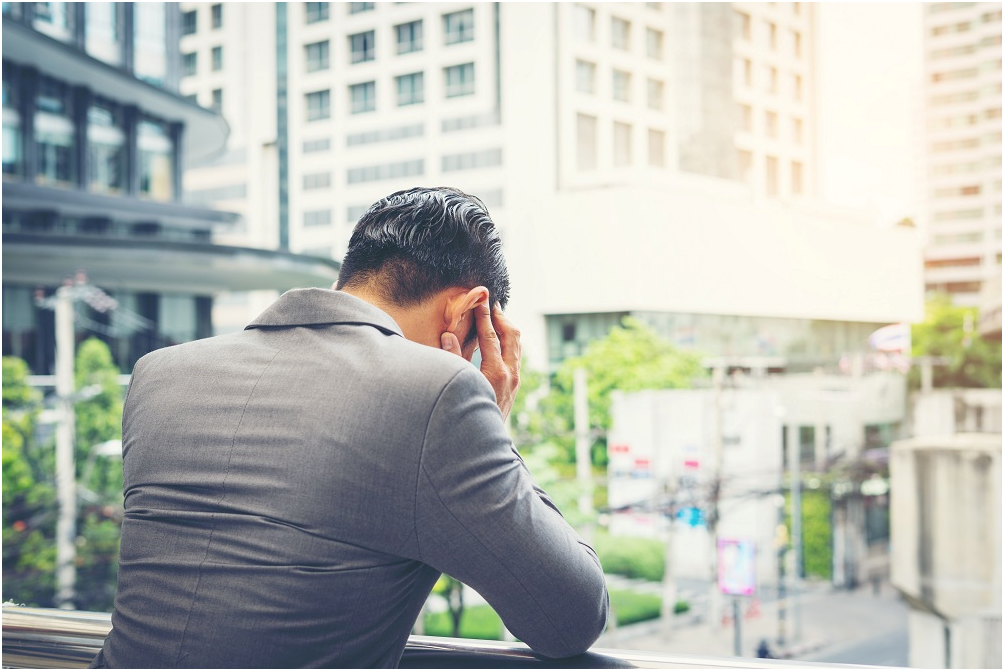Share

STRESS HEADACHES
By Victoria Healthcare 12 April 2019

Stress headache is the pain causing by tightening of muscles in your face, neck and head skin area.
Headaches can be triggered by the following factors :
- Suffering from Insomnia
- Eating too much or not enough
- Drinking a lot of alcohol
- Noisy environment
- Overwork
- Some illnesses
- Personal conflicts
The following are common questions from patients who are suffering from stress headaches.

WHAT ARE THE SYMPTOMS OF STRESS HEADACHES?
- When you feel tightness or pressure on the head
- Feelings of a heavy head and hearing noisy sounds in the head for the whole day, sometimes including neck pain
- Lack of concentration and hard to sleep
- The pain increases when you are stressful, tired or hearing loud or unpleasant noise.
- When the muscles tighten, sometimes you may feel like something is knocking on your head, or it is in a vice.
HOW TO DIAGNOSE?
After checking your medical history and examination, doctors may ask you these following questions:.
- When does the headache happen? Where do you feel pain and how uncomfortable is it?
- What kind of pain?
- Does it affect your memory or thought process?
- Do you feel dizzy or lack balance?
- Do you feel weakness too, especially on one side more than the other? Does it occur along with fever?
- Do you feel nausea as well? Does visual disturbance occur?
- Did you have any recent trauma or get in a motorbike/car accident before the headache started?
- Did you take any medicines before the headache?
- Have you ever gotten this kind of headache before?
- Are you over-stressed?
- Does anyone in your family suffer the same kinds of headache as yours?
Sometimes, it is difficult to distinguish stress headache from migraine or toxic cause.
ARE THERE ADDITIONAL TESTS NEEDED?
Your doctor may recommend an MRI scan if there is any likelihood of a physical problem in the brain. If related to the neck, spinal Xrays may be indicated.
WHAT ARE THE KINDS OF TREATMENT FOR THIS ILLNESS?
The tightening of muscles and pain can be reduced by:
- Painkiller medicine
- Excercise
- Relaxing
- Meditation, yoga, mindfulness
If the pain is not reduced, your doctor may:
- Request to do physical therapy
- Request to use equipment to reduce the muscle tightness.
- Give a high dosage painkiller medicine
HOW LONG DOES THIS HEADACHE LAST?
- Normally, the symptoms last several hours a day. Taking aspirin, acetaminophen, and ibuprofen may help to reduce the pain, but the risk of taking these too often or too much medication (3 days or more in 1 week) can also lead to headache.

WHAT IS THE BEST WAY TO TAKE CARE OF YOURSELF WHEN HEADACHE HAPPENS?
- Take a rest in a dim room until you feel better.
- Take painkillers such as acetaminophen, aspirin, ibuprofen or other headache remedy. The sooner you take painkiller, the better: right before the headache occurs is best if you know it is coming. This will lessen or eliminatethe pain you feel. So, you should try to be aware of your very earliest symptoms.
- Massage your neck, shoulders, and back. Put ice ice pack, or heating pad on the pain area. Warm baths may help, as well.
- See your doctor if you feel more painful, nausea, tingling in your face, hand or leg, weakness in hand and leg, or visual disturbance.
- Thes symptoms could be signs of a stroke, which is now very common in Viet Nam. Learn to know these symptoms:
- F.A.S.T.:
- F: Face drooping
- A: Arm weakness
- S: Speech difficulty
- T: Time to call an ambulance or get to the hospital immediately
HOW TO PREVENT STRESS HEADACHES?
- Be aware of symptoms and take steps to avoid being depressed or stressed. Consult with your doctor if you feel so stressful. Be as happy and humorous as you can.
- Learn how to relax. Do exercise regularly and get enough sleep.
- Do not overwork, eat on time, and do not smoke.
- Do not drink too much alcohol.
Source: http://www.achenet.org


